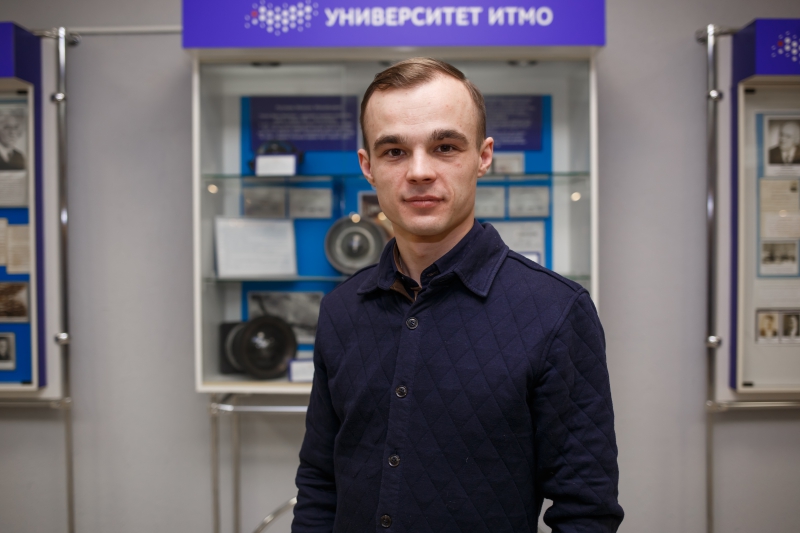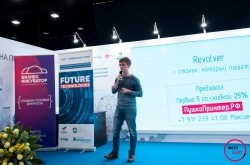What is this field like?
There is an entire industry built around various medical robots aimed at training medical professionals. This industry is very developed abroad and practically absent in Russia. There are lots of companies in the USA that produce medical robots for educational purposes, however their cost is far too high.
What kinds of medical robots are there in the market?
There are quite a lot of different options available, from relatively simple mannequins for practicing basic skills, to more complex and realistic ones. The latter are usually the most expensive; these are intelligent robots equipped with special software and capable of providing feedback. Apart from that, robots differ in terms of medical fields such as surgery, trauma care, orthopedics, gynecology, nursing, etc.
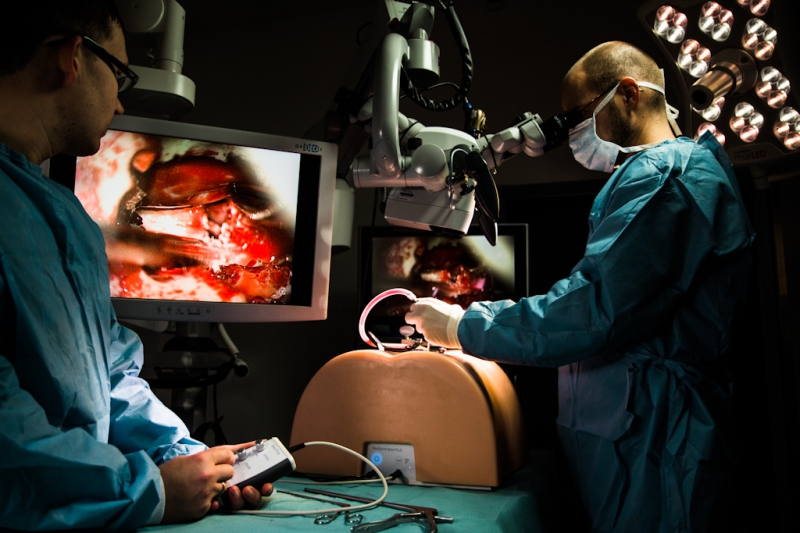
What will your robot be like?
We plan to make our robot look and feel as close to real human beings as possible. In our model, we’re going to reconstruct all physiological and pathophysiological processes, as well as internal organs. We will pay the most attention to the abdominal area and limbs. Such simulators can be used for training surgeons to deliver medical care to the wounded, disaster-affected, and battle-scarred. Apart from actually constructing the robot, we plan to launch additional education courses on surgery.
Our team is made up of specialists from two universities: engineers, programmers and chemists are from ITMO University, while surgeons and lecturers are from the Kirov Military Medical Academy.
How did you come up with the idea of your robot?
Medicine is all about saving lives, and that’s what surgeons are taught to do. But imagine that there is a doctor somewhere in Russia who knows enough to help their patients, but cannot do complicated staff like tracheostomy. What can be done to solve this problem?
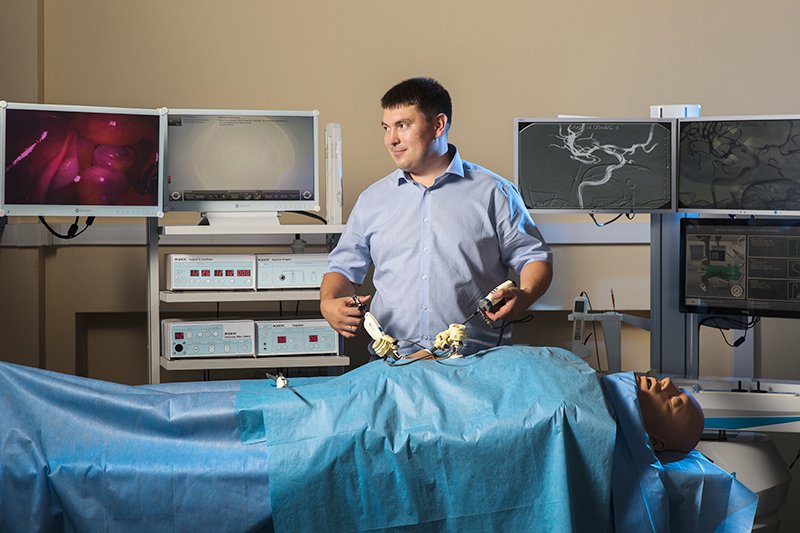
To train good specialists, we need special equipment. In the modern world, medical professionals face various challenges, like treating injuries from car crashes, gunshot wounds, stabbings, and so on. To work efficiently in these circumstances, they have to be creative. The Russian medical industry is all about creativity, knowledge and skills. Our robot can help assess knowledge, form skills, and develop creativity.
And last but not least, there is an economic niche for this in Russia. There are some small companies that work in this field, but they hardly keep up with the demand. We can continue importing this equipment from abroad, but it’s very expensive. That’s how we came up with this idea.
How did you start working on your project?
I started working on it together with a friend of mine from the Kirov Military Medical Academy. We managed to draw our lecturers’ attention to the problem, which gave our efforts a big boost. All we needed to do was to understand how to bring this idea to life.
We bought a 3D printer, mastered prototyping, and adapted the printer to working with soft polyurethane. Then we started looking for partners among big companies, but what we got in response was always the same “It’s a cool idea, but we aren’t sure about the niche. If you had a ready product, then it would be a yes”. Nobody wanted to collaborate with us at that stage.
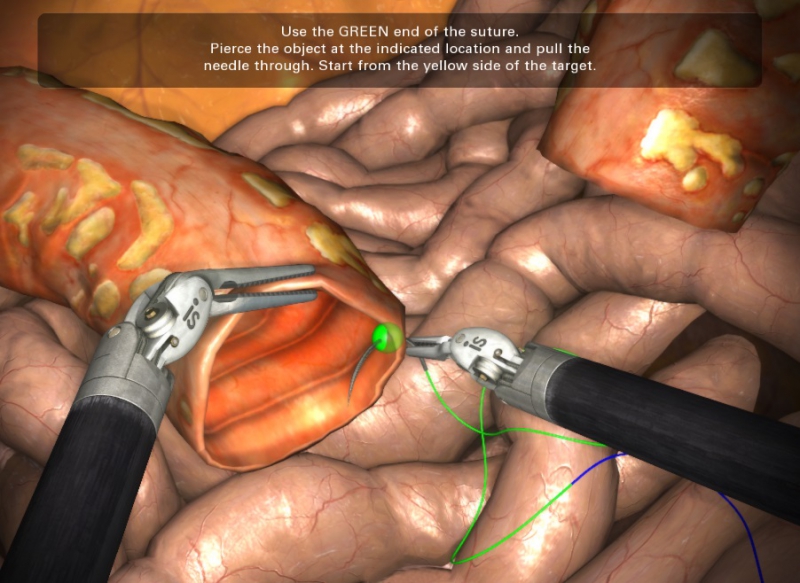
How did you figure it out?
We continued looking for talented workers. We found one, then another, and it turned out that they both were from ITMO. That’s when I decided that it would be easier to enroll at ITMO and look for people from the inside. This is how I ended up studying bioengineering and biotechnical systems at ITMO.
Of course, finding good employees was not the only motivation. It was also knowledge I was looking for. If you want to control something, you have to know what exactly you control. ITMO University helped me acquire new knowledge, find highly-skilled workers and learn to delegate responsibilities. If you organize your business correctly, everyone will be able to demonstrate their talent.
What’s remarkable is that the university offers many opportunities for students willing to develop their skills. For example, in the beginning of February, I was invited to take part in the “Intellectual kitchen” competition organized as part of the “Project Management” course, and I really enjoyed it. We are going to spend the money we won on the development of technical solutions and prototype models.
What other plans do you have for the future?
Now we’re preparing for the Interdisciplinary competition, which will kick off on March 1. If we win, we’ll get a good-quality product in some three years. If not, we’ll require more time. I hope that our development will draw investors’ attention.
